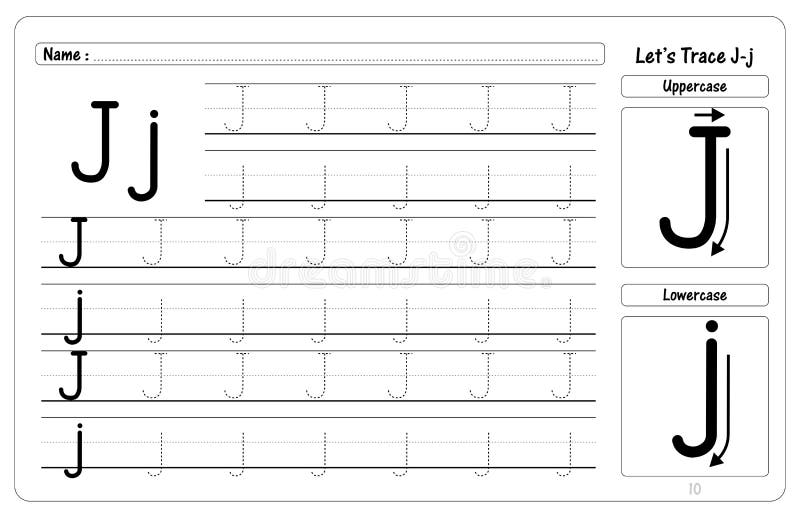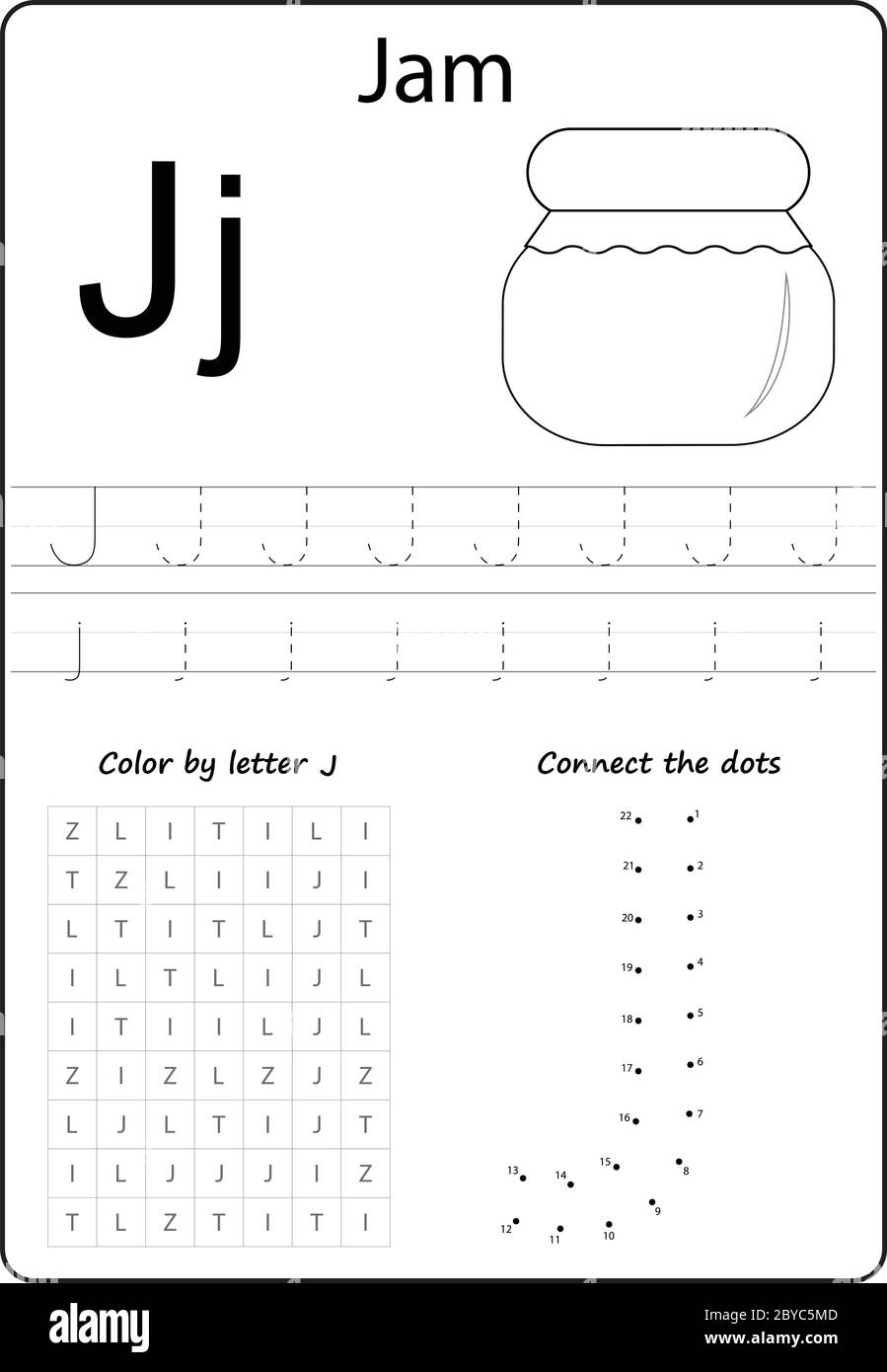
What does ⟨J⟩ Mean?
In the Qaniujaaqpait spelling of the Inuktitut language, ⟨j⟩ is used to transcribe / j / . 1 Also for encodings based on ASCII, including the DOS, Windows, ISO-8859 and Macintosh families of encodings. Unicode also has a dotless variant, ȷ (U+0237).
What language has the letter j in it?
Pronunciation of written ⟨j⟩ in European languages The great majority of Germanic languages, such as German, Dutch, Icelandic, Swedish, Danish and Norwegian, use ⟨j⟩ for the palatal approximant / j /, which is usually represented by the letter ⟨y⟩ in English.
What does J stand for in physics?
In the Metric system, J is the symbol for the joule, the SI derived unit for energy. In some areas of physics, electrical engineering and related fields, j is the symbol for the imaginary unit (the square root of -1) (in other fields the letter i is used, but this would be ambiguous as it is also the symbol for current).
What is the origin of the Roman numeral J?
The letter J originated as a swash letter I, used for the letter I at the end of Roman numerals when following another I, as in XXIIJ or xxiij instead of XXIII or xxiii for the Roman numeral representing 23.

What does J mean in Spanish?
Occasionally, ⟨j⟩ represents the original /j/ sound, as in Hallelujah and fjord (see Yodh for details). In words of Spanish origin, where ⟨j⟩ represents the voiceless velar fricative [ x] (such as jalapeño ), English speakers usually approximate with the voiceless glottal fricative / h / .
What is the letter J in Roman numerals?
The letter J used to be used as the swash letter I, used for the letter I at the end of Roman numerals when following another I, as in XXIIJ or xxiij instead of XXIII or xxiii for the Roman numeral representing 23. A distinctive usage emerged in Middle High German. Gian Giorgio Trissino (1478–1550) was the first to explicitly distinguish I and J as representing separate sounds, in his Ɛpistola del Trissino de le lettere nuωvamente aggiunte ne la lingua italiana ("Trissino's epistle about the letters recently added in the Italian language ") of 1524. Originally, 'I' and 'J' were different shapes for the same letter, both equally representing /i/, /iː/, and /j/; however, Romance languages developed new sounds (from former /j/ and /ɡ/) that came to be represented as 'I' and 'J'; therefore, English J, acquired from the French J, has a sound value quite different from /j/ (which represents the initial sound in the English language word " y et").
What is the symbol for joule?
In the Metric system, J is the symbol for the joule, the SI derived unit for energy. In some areas of physics, electrical engineering and related fields, j is the symbol for the imaginary unit (the square root of -1) (in other fields the letter i is used, but this would be ambiguous as it is also the symbol for current ).
What is the J face in Wingdings?
In the Wingdings font by Microsoft, the letter "J" is rendered as a smiley face (this is distinct from the Unicode code point U+263A, which renders as ☺︎). In Microsoft applications, ":)" is automatically replaced by a smiley rendered in a specific font face when composing rich text documents or HTML email. This autocorrection feature can be switched off or changed to a Unicode smiley.
What is the Greek script block for J?
In Unicode, a duplicate of 'J' for use as a special phonetic character in historical Greek linguistics is encoded in the Greek script block as ϳ (Unicode U+03F3). It is used to denote the palatal glide /j/ in the context of Greek script. It is called "Yot" in the Unicode standard, after the German name of the letter J.
Who was the first to distinguish the letters J and I?
Gian Giorgio Trissino (1478–1550) was the first to explicitly distinguish I and J as representing separate sounds, in his Ɛpistola del Trissino de le lettere nuωvamente aggiunte ne la lingua italiana ("Trissino's epistle about the letters recently added in the Italian language ") of 1524.
Is "j" a fricative?
In the Romance languages, ⟨j⟩ has generally developed from its original palatal approximant value in Latin to some kind of fricative. In French, Portuguese, Catalan, and Romanian it has been fronted to the postalveolar fricative / ʒ / (like ⟨s⟩ in English measure ). In Spanish, by contrast, it has been both devoiced and backed from an earlier / ʝ / to a present-day / x / ~ / h /, with the actual phonetic realization depending on the speaker's dialect.
How to use j in a sentence
I meet Otis J. the night he arrives at “The Castle,” a West Harlem halfway house for newly-released convicts.
Medical definitions for j
The American Heritage® Stedman's Medical Dictionary Copyright © 2002, 2001, 1995 by Houghton Mifflin Company. Published by Houghton Mifflin Company.
Scientific definitions for j
The American Heritage® Science Dictionary Copyright © 2011. Published by Houghton Mifflin Harcourt Publishing Company. All rights reserved.
Talk to Santa!
On Monday evening, December 13th, ask Santa what you want for gifts from the comfort of your own home!
Mayor's Message
At the Piscataway Senior Center, elderly residents appreciated the opportunity to ask questions of U.S. Representatives Frank Pallone, Jr. (NJ-6), Tom Malinowski (NJ-7) & Donald M. Payne, Jr. (NJ-10) alongside Mayor Brian C. Wahler about the Elijah E. Cummings Lower Drug Costs Now Act (H.R. 3) from the 116th Congress.

Overview
J, or j, is the tenth letter in the modern English alphabet and the ISO basic Latin alphabet. Its usual name in English is jay , with a now-uncommon variant jy /ˈdʒaɪ/. When used in the International Phonetic Alphabet for the y sound, it may be called yod or jod (pronounced /ˈjɒd/ or /ˈjoʊd/).
History
The letter J used to be used as the swash letter I, used for the letter I at the end of Roman numerals when following another I, as in XXIIJ or xxiij instead of XXIII or xxiii for the Roman numeral twenty-three. A distinctive usage emerged in Middle High German. Gian Giorgio Trissino (1478–1550) was the first to explicitly distinguish I and J as representing separate sounds, in his Ɛpistola d…
Pronunciation and use
In English, ⟨j⟩ most commonly represents the affricate /dʒ/. In Old English, the phoneme /dʒ/ was represented orthographically with ⟨cg⟩ and ⟨cȝ⟩. Under the influence of Old French, which had a similar phoneme deriving from Latin /j/, English scribes began to use ⟨i⟩ (later ⟨j⟩) to represent word-initial /dʒ/ in Old English (for example, iest and, later jest), while using ⟨dg⟩ elsewhere (for example, hedge). Later, many other uses of ⟨i⟩ (later ⟨j⟩) were added in loanwords from French an…
Related characters
• 𐤉 : Semitic letter Yodh, from which the following symbols originally derive
• I i : Latin letter I, from which J derives
• ȷ : Dotless j
• ᶡ : Modifier letter small dotless j with stroke
Computing codes
Also for encodings based on ASCII, including the DOS, Windows, ISO-8859 and Macintosh families of encodings.
Unicode also has a dotless variant, ȷ (U+0237). It is primarily used in Landsmålsalfabet and in mathematics. It is not intended to be used with diacritics since the normal j is softdotted in Unicode (that is, the dot is removed if a diacritic is to be placed above; Unicode further states th…
Other uses
• In international licence plate codes, J stands for Japan.
• In mathematics, j is one of the three imaginary units of quaternions.
• Also in mathematics, j is one of the three unit vectors.
• In the Metric system, J is the symbol for the joule, the SI derived unit for energy.
External links
• The dictionary definition of J at Wiktionary
• The dictionary definition of j at Wiktionary
• "J" . Encyclopædia Britannica. Vol. 15 (11th ed.). 1911.